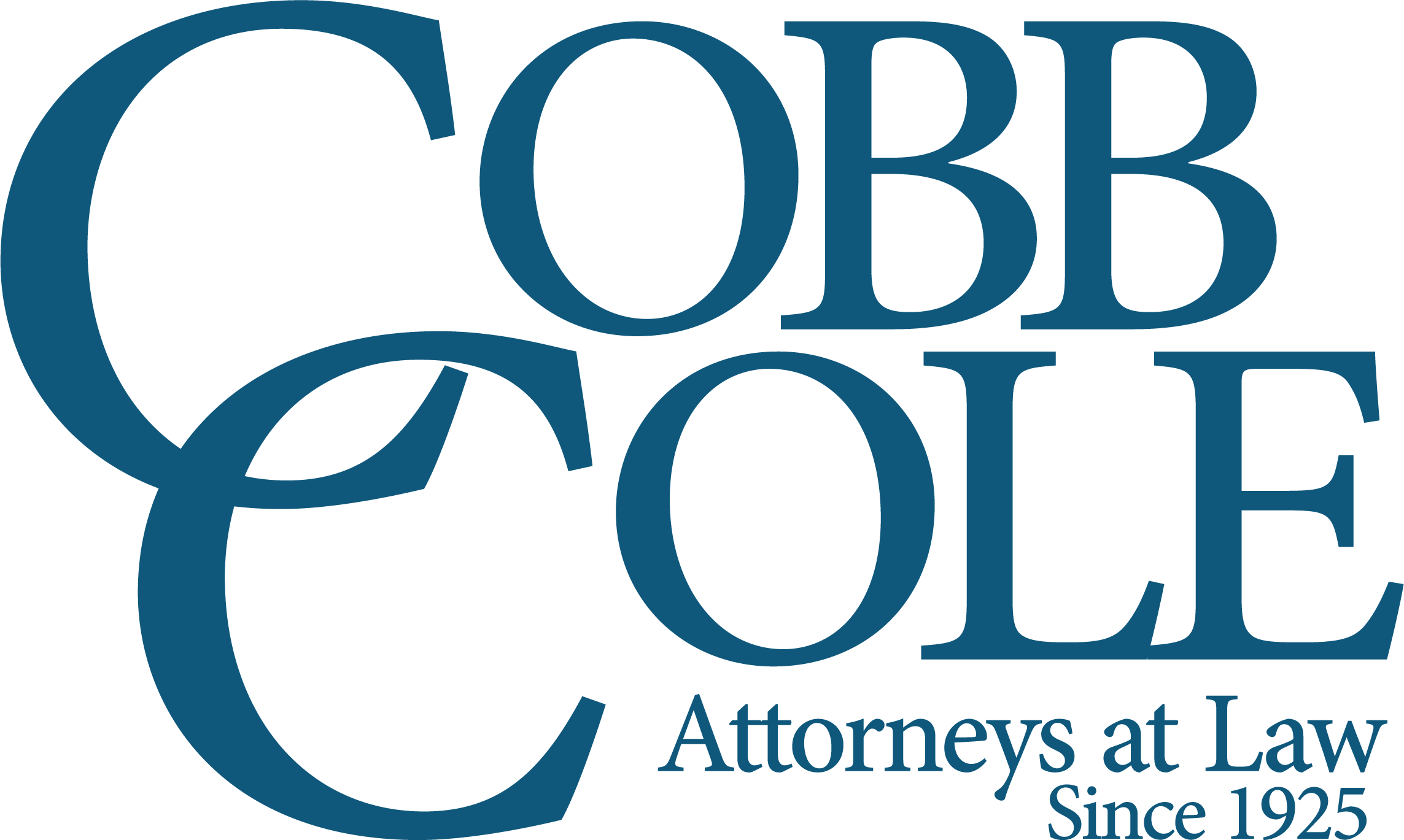Understand Your Current Zoning
The rezoning process starts with understanding what the current zoning of your property actually allows. Many people assume their property has more development potential than it does, or that they are able to use their land for a variety of uses that may not be permitted within their zoning district. A thorough review of the zoning map, permitted uses, and applicable overlays is essential.
At Cobb Cole, our Land Use group often begins by reviewing a client’s current zoning and determining whether a change is necessary. In some cases, a zoning change isn’t required to achieve a desired use. In other cases, rezoning may be essential to moving forward with a proposed development.
Once you understand your current zoning scheme, the relevant question becomes, “Do I need a zoning change at all?” If the answer is yes, the next question is whether the proposed new use is consistent with the comprehensive plan—a key legal requirement in Florida.
Consider the Comprehensive Plan
Every jurisdiction in Florida adopts a comprehensive plan, which outlines its long-term vision for growth within the community. The comprehensive plan designates future land uses and provides the general framework for development within a certain area – any zoning change must be consistent with this long term plan.
Before submitting an application, property owners must determine whether their proposal aligns with the future land use designation for the parcel. If not, a comprehensive plan amendment (which is a more involved process) may be required.
In practical terms, this means asking: Is what I want to do consistent with the community’s long-term vision for this area? If the answer is no, further review and analysis is needed prior to moving forward. Community visions can change over time, and it is possible the existing structure for development does not match the current environment.
Jessica Gow, a seasoned land use attorney at Cobb Cole, can help assess property owners’ intended uses for land in the context of its current zoning and its jurisdiction’s comprehensive plan. This can help you understand your property’s potential and the ease or difficulty of achieving a zoning change.
Evaluate Impacts
Local governments reviewing a proposed zoning change will look closely at its impacts. Key questions include:
- Will the change increase traffic on nearby roads?
- Does the area have sufficient water, sewer, and utility infrastructure?
- How will it affect the surrounding property values?
- Is the proposed use compatible with neighboring uses?
As discussed in this video from Cobb Cole, each zoning case is unique. Rezoning a vacant lot on the urban fringe is very different from changing zoning in a historic downtown neighborhood. The bar for compatibility and the expectations of neighbors and elected officials may vary widely.
Prepare and Submit an Application
If a zoning change is feasible, the next step is to prepare and submit a formal application. This includes detailed information on:
- Current and proposed zoning designations.
- Site plans or conceptual layouts.
- Traffic studies, utility availability letters, or environmental assessments if required.
- A Narrative describing the requested change and why it meets legal standards for approval.
Local governments in Florida have specific application windows, submittal checklists, and fees. In most jurisdictions, staff will review the application and provide comments or request revisions before it moves to a public hearing.
The Public Hearing Process
Zoning changes require public hearings, typically before both a planning or an advisory board, and then before a final decision making body. These hearings can be contentious. Nearby residents may object, or staff may recommend denial.
That’s why it’s important to build a strong record of consistency, compatibility, and minimal adverse impacts. The job of your land use attorney is not to make a political pitch—it’s to present clear, supportable findings based on the technical review and planning standards.
Public hearings often include:
- A presentation by the applicant or their representative;
- Comments or questions from the public;
- Staff recommendations; and
- Questions from board members or elected officials.
At the end of this process, the final review body will vote to approve or deny the request.
Legal Standards for Zoning Changes
Zoning decisions must be consistent with the comprehensive plan, based on competent, substantial evidence, and must be reasonably related to a legitimate public purpose. These are legal standards that govern any rezoning review, but additional criteria that are specific to a certain jurisdiction may also apply.
Why Legal Counsel Matters
In Florida, property rights are constitutionally protected, but local governments have broad authority to regulate land use. That means procedural missteps, incomplete applications, or poor public engagement can have negative impacts on an otherwise viable proposal.
At Cobb Cole, land use attorneys like Jessica Gow work with clients to navigate every stage of the zoning change process. This includes evaluating feasibility, preparing applications, coordinating with technical consultants, and representing property owners at public hearings.
In many cases, we also advise clients on alternative strategies that don’t require a full rezoning. In others, we help defend approvals against legal challenges.
The Role of Compatibility
Many zoning decisions are informed by the idea of compatibility – or how well a new use fits in with the existing uses and overall character of the neighborhood. Compatibility in this sense is not the same as uniformity. A new use doesn’t have to be identical to what’s next door, but it does have to be reasonably compatible in terms of scale, intensity, and function.
Striking this balance is particularly important in areas where the existing community has strong expectations. That might include historic districts, neighborhoods with deed restrictions, or areas with a recent history of contentious land use decisions.
Technical Support and Local Knowledge
Local governments expect zoning applicants to back up their proposals with competent, substantial evidence supporting the requested change. That often means submitting traffic studies, school impact analyses, stormwater plans, or utility availability confirmations.
Our attorneys regularly coordinate with engineers, planners, and architects to assemble comprehensive applications that address all necessary factors. Cobb Cole’s longstanding presence in Volusia and Flagler counties also means we understand how local governments evaluate proposals, what concerns typically arise, and how to tailor an application to meet those expectations.
The Importance of Legal Counsel
Zoning changes are not simple administrative requests. They require legal analysis, technical documentation, community engagement, and often, multiple rounds of public hearings. Success depends on careful preparation, consistency with adopted plans, and a clear presentation of why the proposed change serves both private and public interests.
If you’re considering a zoning change, reach out to Cobb Cole’s Land Use team to discuss your property and goals. We can help you assess feasibility, evaluate alternatives, and guide you through every step of the process.

